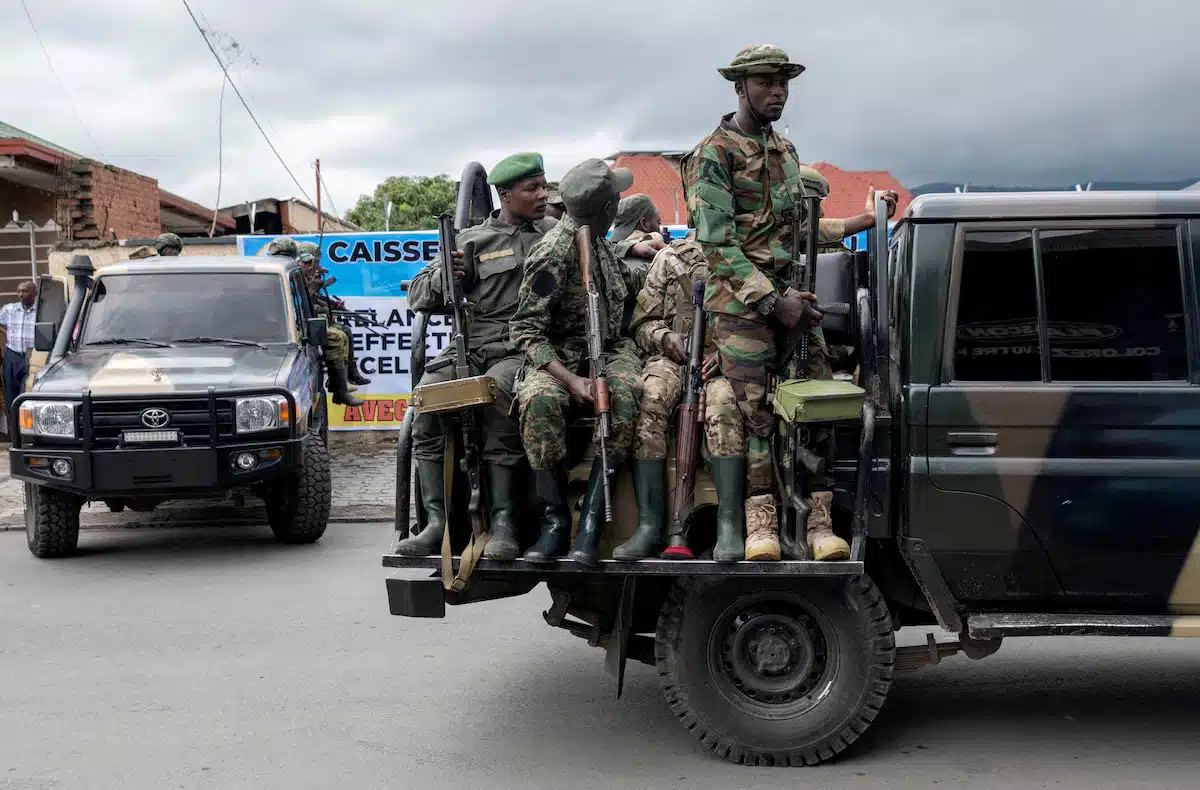The Gambia is set to receive an additional $16.8 million from the International Monetary Fund (IMF) following a staff-level agreement on the third review of its Extended Credit Facility (ECF) programme.
This brings the total disbursement under the 36-month arrangement, approved in January 2024, to approximately $51 million.
The agreement follows two weeks of discussions in Banjul, led by IMF mission chief Eva Jenkner.
It comes amid signs of economic recovery, with growth estimated at 6% for 2024, driven by a rebound in tourism and increased construction activity.
Tourist arrivals have climbed close to pre-pandemic levels, while remittance inflows have also improved. Inflation fell to 9.1% in March, although still above the central bank’s target of 5%.
In a bid to further bolster its economy and climate resilience, the west African nation also reached a staff-level agreement for potential access to an extra $65 million under the IMF’s Resilience and Sustainability Facility (RSF), the Washington-based lender said in a public notice on Thursday.
The facility aims to support reforms in green public finance, data systems, energy transition, and climate adaptation.
Despite the positive momentum, fiscal challenges persist.
According to the statement, the government overshot its 2024 deficit projections, recording a 3.8% shortfall due to unbudgeted spending, especially on the National Water and Electricity Corporation (NAWEC) and preparations for the Organisation of Islamic Cooperation (OIC) summit. Roughly 0.4% of GDP in unpaid commitments has been rolled over to 2025.
The IMF noted that while most of the measurable targets under the programme haven’t been met, there were improvements in public procurement, budgeting and the management of State Owned Enterprises.
Additionally, the lender observed that the nation’s public debt-to-GDP ratio has been on a downward trend, and that the Central Bank of The Gambia remains committed to inflation control and exchange rate stability.
The IMF Executive Board is expected to consider the disbursements in mid-June.
The Fund said it will continue to provide financial support, policy guidance, and technical assistance as The Gambia works toward inclusive growth and long-term climate resilience.
“The IMF will continue to work closely with the Gambian authorities and stands ready to help them through financing, policy advice, and strong technical assistance,” Jenkner said.






